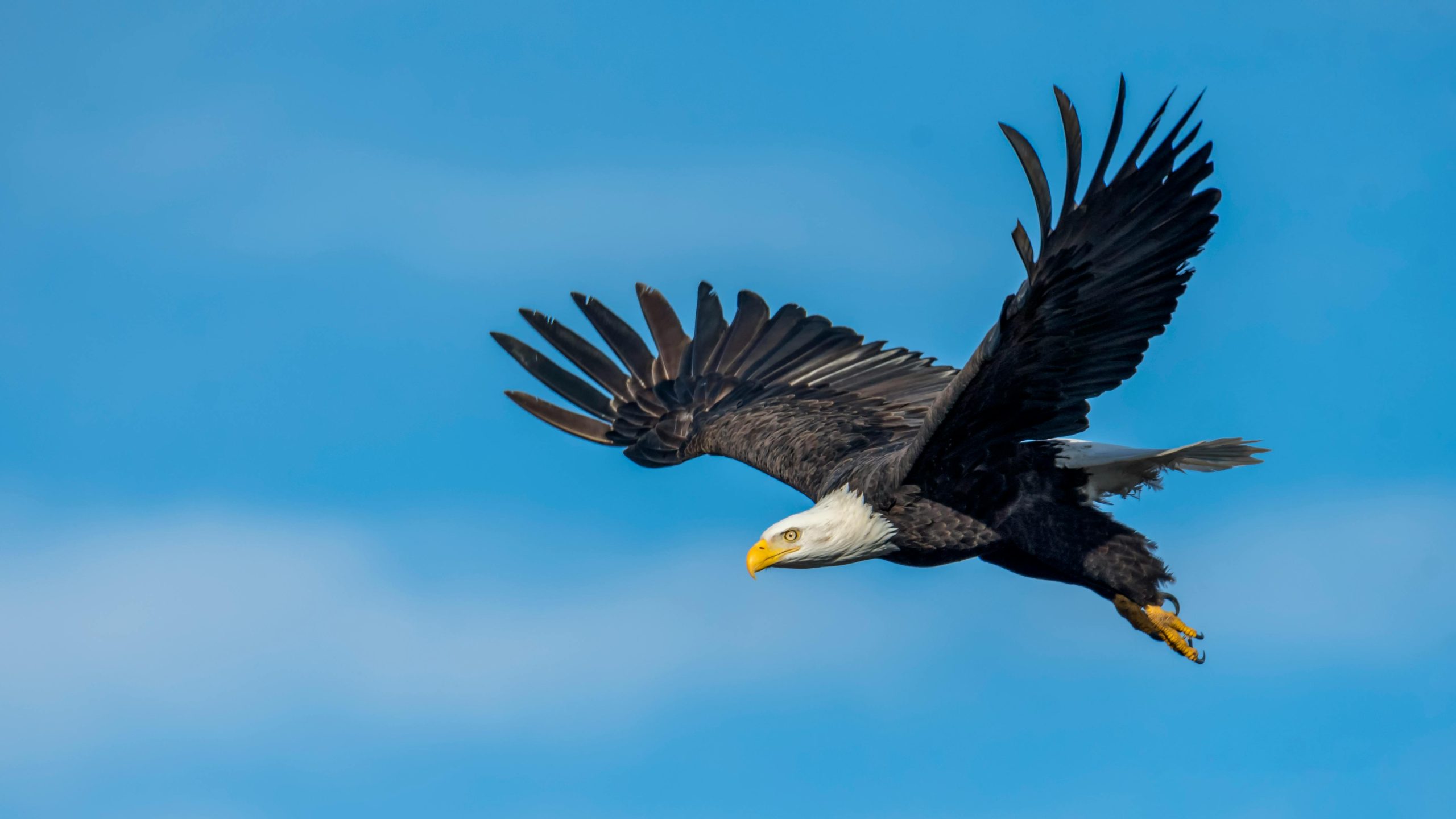In a poignant loss for the North Fort Myers community, two bald eagle chicks, affectionately known as E24 and E25, have succumbed to the highly pathogenic avian influenza (HPAI) H5N1 virus. The Clinic for the Rehabilitation of Wildlife (CROW) confirmed that the eaglets likely contracted the virus after their father, M15, introduced an infected bird into the nest as prey. Both eaglets exhibited seizures before passing away within four days.
This tragic event marks the first instance in 13 years of monitoring by the Southwest Florida Eagle Cam that such a case has been observed. The eaglets’ parents, M15 and F23, are currently being monitored for any signs of illness.
Avian influenza, commonly known as bird flu, is a viral infection that primarily affects bird species but can occasionally infect humans and other animals. The H5N1 strain is particularly concerning due to its high pathogenicity and potential to cause severe disease. According to the Centers for Disease Control and Prevention (CDC), while human infections are rare, they can occur through direct contact with infected birds or contaminated environments.
The CDC has reported sporadic human cases of H5N1 in the United States, including a recent fatality in Louisiana. Symptoms in humans can range from mild respiratory issues to severe pneumonia and even death. The CDC emphasizes the importance of avoiding direct contact with wild birds and ensuring proper hygiene when handling poultry.
The loss of E24 and E25 underscores the ongoing challenges wildlife face with diseases like avian influenza. Wildlife experts advise the public to exercise caution when encountering sick or dead birds. It’s recommended to avoid direct contact and to report such findings to local wildlife authorities. The Florida Fish and Wildlife Conservation Commission provides guidelines on how to report and handle sick or dead birds.
This incident also highlights the importance of monitoring and conservation efforts to protect vulnerable species. Organizations like CROW play a crucial role in rehabilitating wildlife and conducting research to understand and mitigate the impacts of diseases like HPAI.
As avian influenza continues to affect bird populations globally, it’s essential for both the public and wildlife professionals to remain vigilant. The U.S. Department of Agriculture (USDA) monitors avian influenza outbreaks and provides resources for both poultry producers and the general public. They recommend biosecurity measures such as keeping domestic birds away from wild birds and reporting unusual bird deaths to authorities.
In conclusion, the deaths of the North Fort Myers eaglets serve as a somber reminder of the threats posed by avian influenza to wildlife. Continued public awareness, adherence to safety guidelines, and support for wildlife conservation efforts are vital steps in mitigating the impact of this disease.


 by
by 

